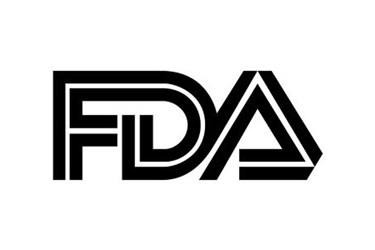FDA Issues Final Guidance On Reprocessing Of Reusable Medical Devices

In the wake of two recent “superbug” outbreaks linked to inappropriately cleaned duodenoscopes, the FDA has issued a new guidance that recommends medical device manufacturers more thoroughly test and label new devices to clearly indicate appropriate reprocessing procedures.
Last month, it was reported that over 179 patients may have been exposed to carbapenem-resistant enterobacteriaceae (CRE) last year after undergoing an endoscopic procedure called endoscopic retrograde cholangiopancreatography (ERCP) at the UCLA Ronald Reagan Medical Center. So far, this outbreak has been linked to two patient deaths.
Victims of the outbreak have filed lawsuits against Olympus, the manufacturer of the scope, alleging that the company failed to update the reprocessing protocol after making changes to the model’s design.
According to the FDA, Olympus did not receive FDA clearance for these updated scopes, though the company argues that an updated clearance was not required based on current FDA regulations.
After the outbreak occurred, UCLA released a statement saying that it has adopted a much more rigorous sterilization process and has seen no further problems. The FDA also released a statement warning healthcare providers about the potential risks of ERCP duoenoscopes. “Although the complex design of duoenoscopes improves the efficiency and effectiveness of ERCP, it causes challenges for cleaning and high-level disinfection,” said the FDA in the warning.
In a recent press release announcing the final guidance, the FDA stated that while reusable medical devices are commonplace, increasingly complex designs require a more complex cleaning process, and it is up the manufacturer to test and carefully outline what that protocol should be.
The guidance, Reprocessing Medical Devices in Health Care Settings: Validation Methods and Labeling, outlines criteria that reprocessing instructions should meet to maintain safety standards. Manufacturers should label the device to reflect its intended use. Reprocessing instructions should advise thorough and careful cleaning and the appropriate microbicidal process for the device. Furthermore, instructions should be technically feasible, comprehensive, and understandable, and only include additional accessories that are legally marketed.
This cleaning protocol will require validation as part of each company’s quality system and premarket submissions to the FDA.
In the FDA release, the agency announced that it will be holding a public meeting on May 14 to 15 at the agency’s Gastroenterology and Urology Devices Panel of the Medical Devices Advisory Committee to discuss ERCP infections linked to use of duodenoscopes.
Though the FDA has stepped up its safety protocol for reprocessed devices, experts say patients have little reason to fear an ERCP procedure that involves a reprocessed scope.
“Despite the recent concerns about multi-drug resistant bacteria infections associated with duodenoscopes, patients and health care providers should know that the risk of acquiring an infection from a reprocessed medical device is low,” said William Maisel, chief scientist at FDA’s Center for Devices and Radiological Health (CDRH).
